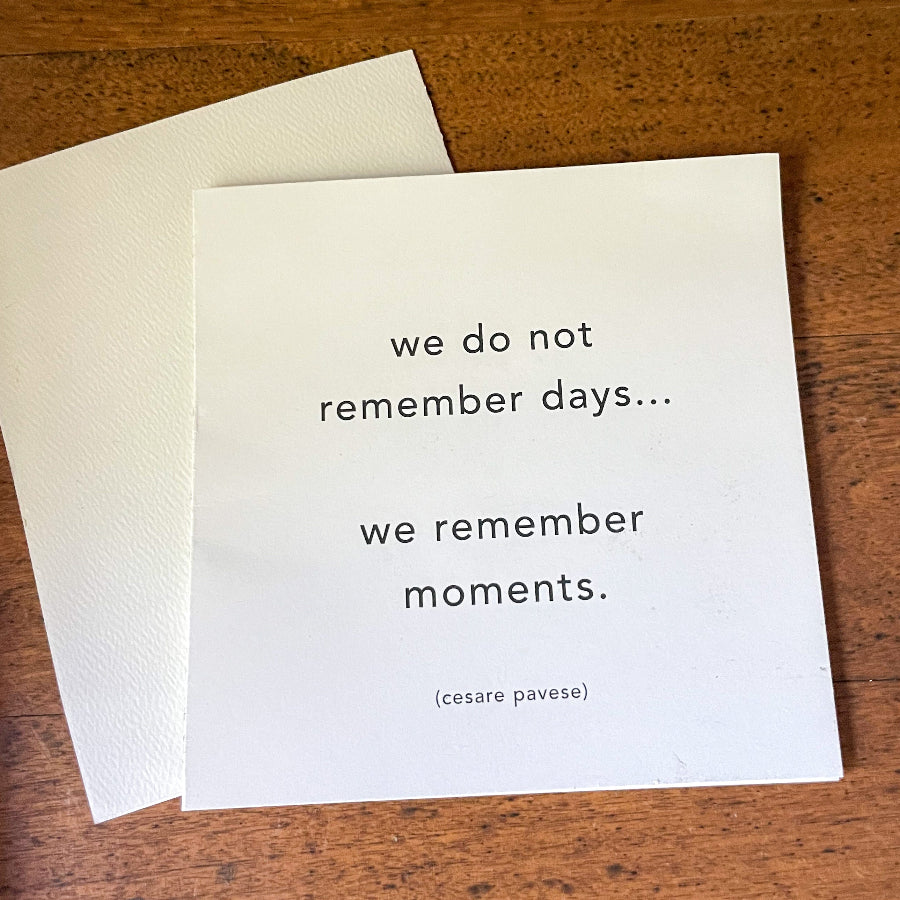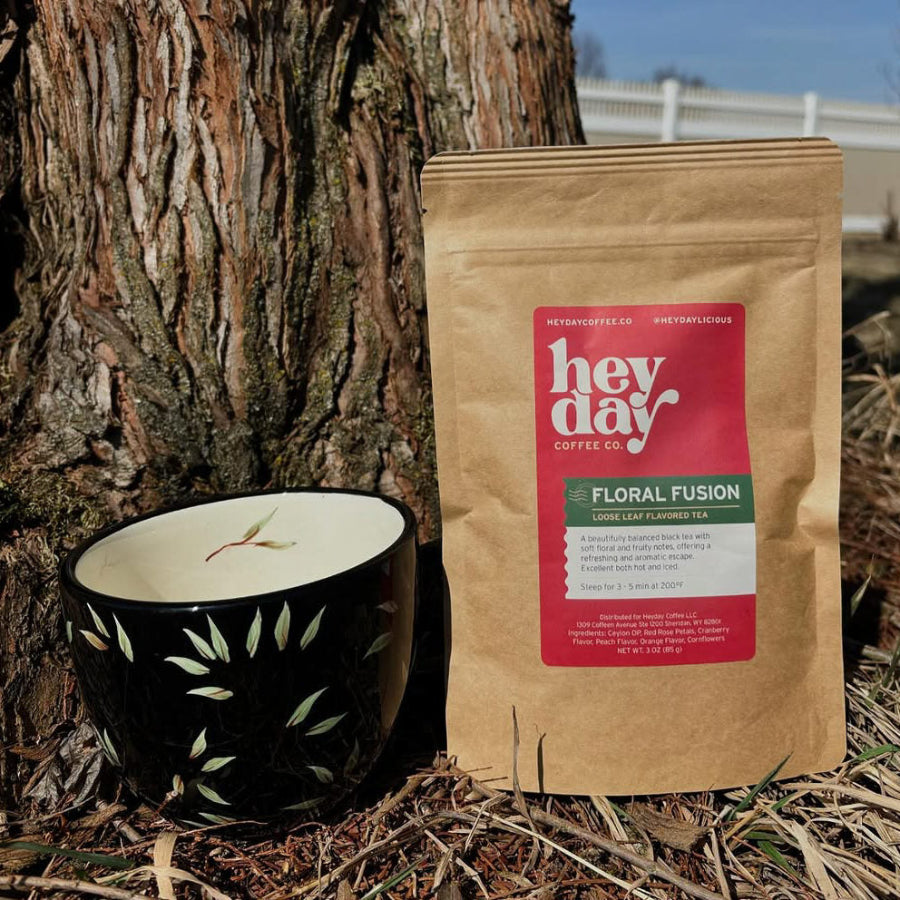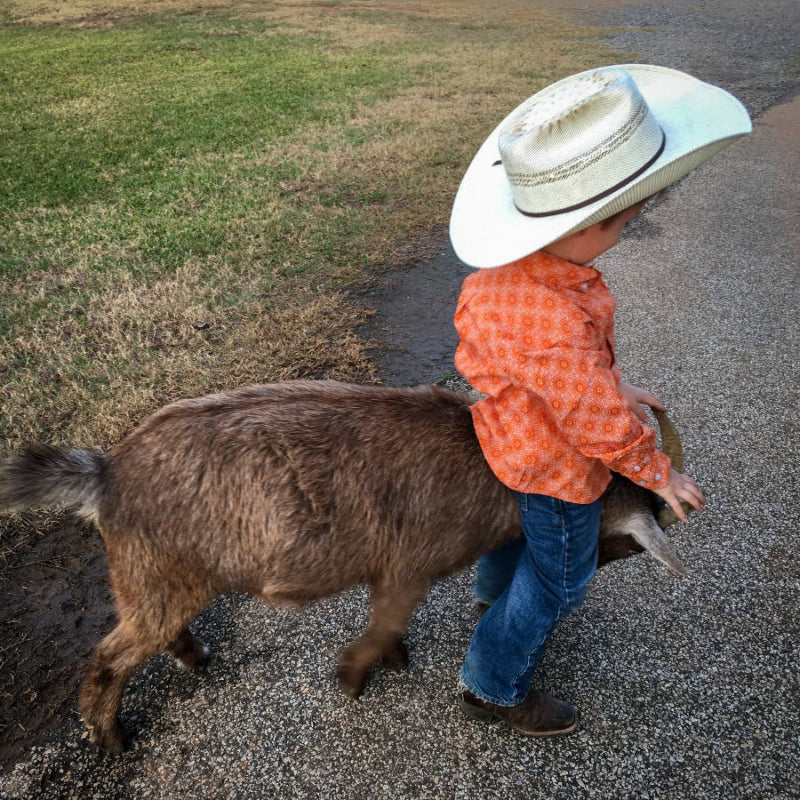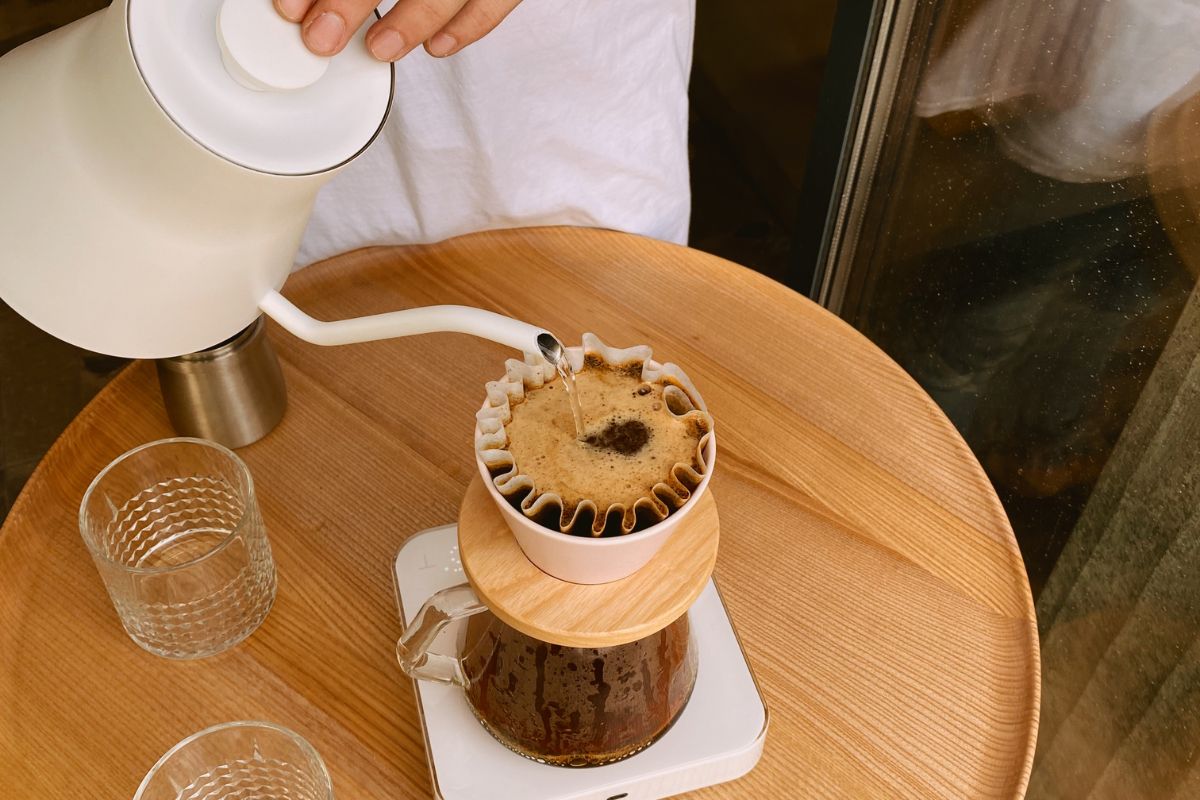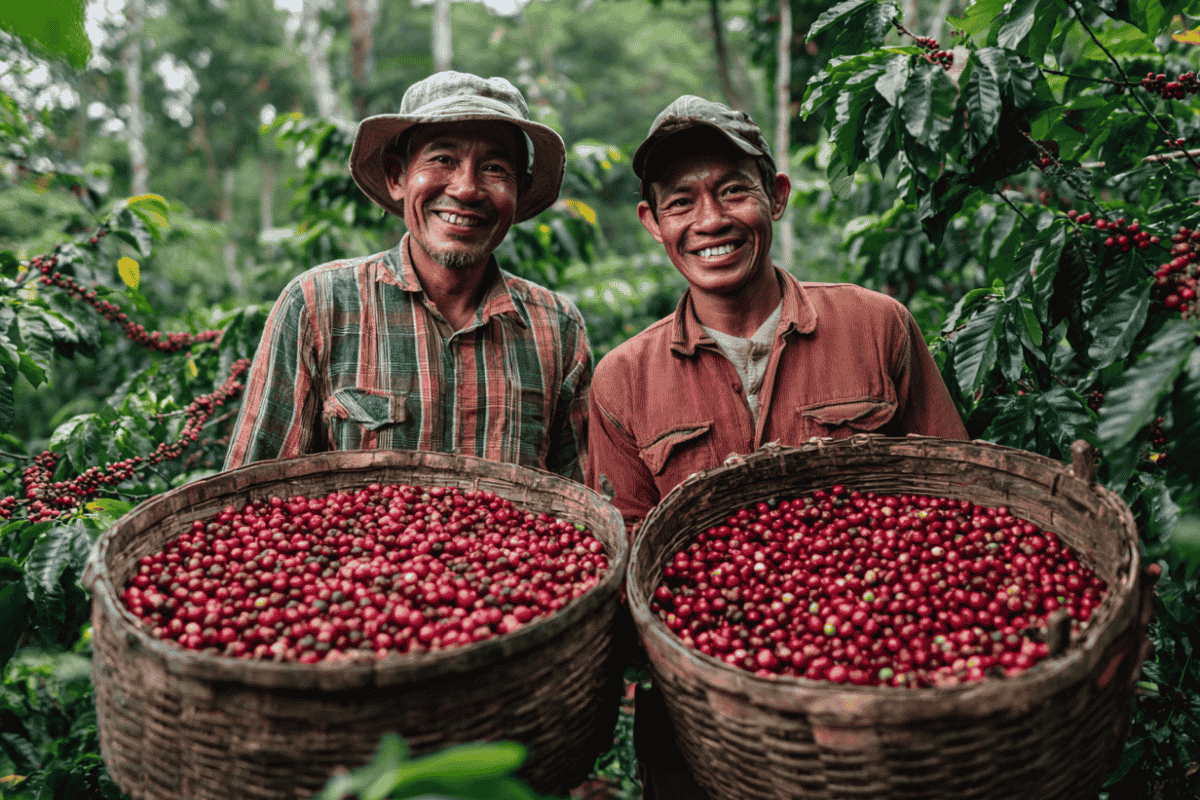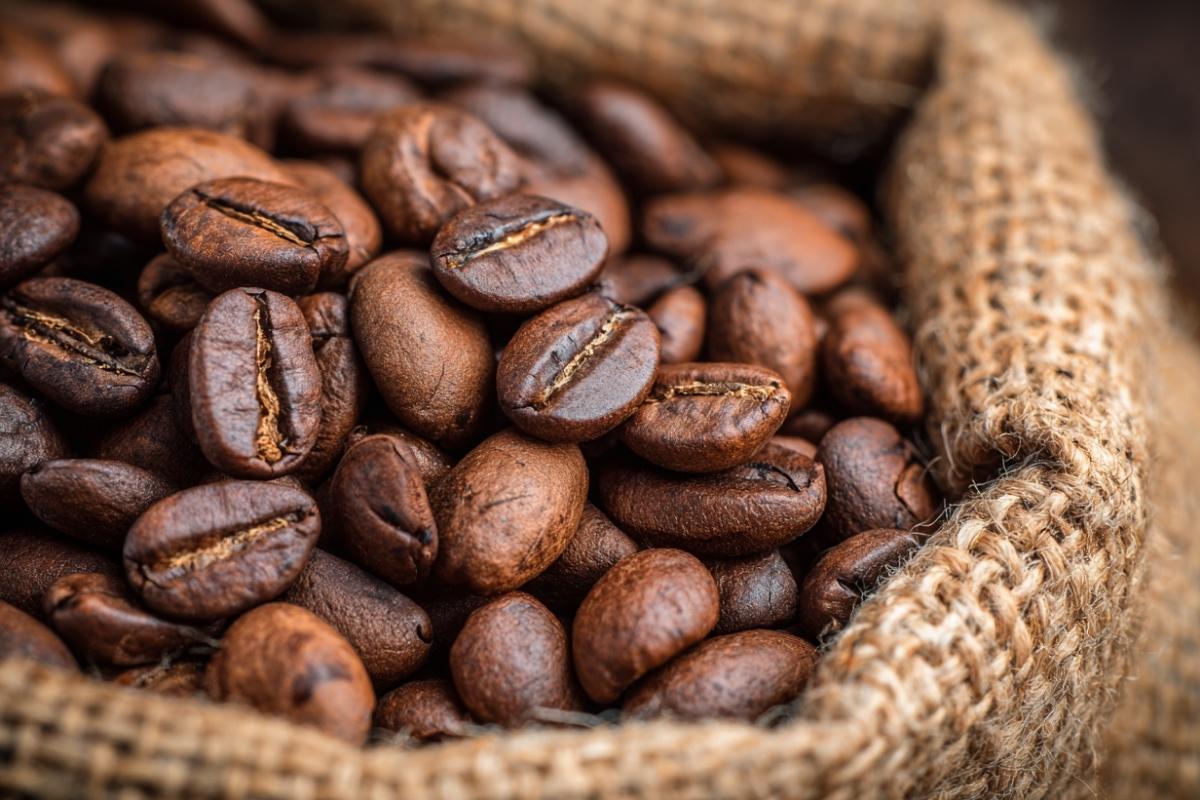
Mycotoxins in Coffee: What You Should Know
Table of Contents
- What Are Mycotoxins?
- Mycotoxins in Coffee: Myth vs. Reality
- Testing and Standards Across the Supply Chain
- Why “Mold-Free” and “Toxin-Free” Marketing Is Misleading
- How Heyday Ensures Safety and Quality
- Closing Thoughts

If you’ve spent any time browsing coffee blogs or ads, you’ve probably seen claims about “mold free” or “toxin free” coffee. That kind of language can spark worry: is regular coffee unsafe? Should you be concerned about what’s in your morning cup?
The truth is simpler and more reassuring. Mycotoxins are naturally occurring compounds that can form when mold grows on crops. Natural does not mean desirable, though. In lower quality coffees that are not specialty graded, mold and mycotoxin contamination can be a real concern. Specialty coffee, by contrast, is rigorously graded and tested to make sure it is clean, safe, and free of these contaminants.
In this article, we’ll clear up the myths around mycotoxins in coffee, explain the standards that keep them in check, and share the steps we take at Heyday to ensure every bag meets both quality and safety expectations.
What Are Mycotoxins?

Mycotoxins are toxic compounds that certain molds can produce when they grow on crops like grains, nuts, or coffee beans. They develop under poor storage or processing conditions, especially in warm, humid environments where mold thrives. Even though mycotoxins are a natural byproduct, they are harmful at high levels and are treated seriously in food safety standards.
Two of the most closely watched mycotoxins in coffee are ochratoxin A and aflatoxins. These compounds have been studied for decades, and U.S. food safety agencies set strict limits on how much can be present in food and drink. That means every coffee shipment moving through legitimate trade channels is tested to ensure compliance before it ever reaches roasters or consumers.
It’s worth noting that specialty grade coffee is particularly well protected against this issue. Mold is classified as a Category 1 defect in the Specialty Coffee Association grading system, which means that beans showing signs of mold growth are automatically disqualified. In practice, this makes specialty coffee highly unlikely to contain unsafe levels of mycotoxins. Lower grade coffees, often sold in bulk or on commodity markets, may not be screened to the same degree and are more at risk of contamination.
Mycotoxins in Coffee: Myth vs. Reality

If you search for information about coffee and mycotoxins, you’ll quickly find bold claims from companies advertising “clean” or “mold free” coffee. The implication is that most coffee on the market is contaminated and that their product is uniquely safe. This is more marketing strategy than scientific fact.
Here’s the reality: for decades, the specialty coffee supply chain has had built-in safeguards against mold and mycotoxins. At the farm level, beans are carefully dried and stored to minimize the chance of mold growth. Before coffee is exported, green coffee lots are tested for contaminants including mycotoxins. Once in the hands of importers and roasters, storage conditions are controlled to keep beans clean and stable.
The specialty grading system also plays a big role. Because mold automatically disqualifies a coffee from being considered specialty grade, roasters who buy at this level are starting with beans that have already been screened out for these defects. That is why specialty roasters don’t typically market their coffee as “toxin free” — the absence of mycotoxins is already a baseline expectation, not a selling point.
So while mycotoxins are a real food safety concern in general agriculture, the specialty coffee industry has long-standing practices that prevent contaminated beans from reaching your cup. It's a myth is that you need to seek out a special label to avoid them. The reality is that reputable specialty roasters already do this work as part of business as usual.
Testing and Standards Across the Supply Chain

Coffee is one of the most heavily traded agricultural products in the world, and with that scale comes strict oversight. In the United States, the Food and Drug Administration sets clear limits on how much of any mycotoxin can be present in food and beverages. Coffee moving through regulated channels is tested to make sure it meets those standards, and lab analysis has been a normal part of the process for decades.
Before a shipment leaves it's origin, samples of green coffee are typically pulled and analyzed for contaminants such as ochratoxin A. Importers and roasters in the U.S. often repeat these checks when the coffee arrives, ensuring nothing slipped through during transport or storage. These protocols are one of the reasons you rarely hear about mycotoxin contamination in reputable coffee.
Within specialty coffee, quality control goes even further. Specialty importers and roasters work with labs that specialize in green coffee testing, and many conduct spot checks of individual bags before roasting. Proper storage is also critical. Clean, sealed warehouses and climate-controlled environments protect against moisture and mold growth. These steps might seem invisible to the average coffee drinker, but they add up to a supply chain that is both safe and reliable.
In other words, the safeguards are already in place long before coffee reaches your kitchen. What sometimes gets framed as an “extra” feature in marketing is, in reality, a normal part of doing business responsibly.
Why “Mold-Free” and “Toxin-Free” Marketing Is Misleading

Some coffee brands advertise their beans as “mold free” or “toxin free.” While it may sound reassuring, the claim is unnecessary. Specialty coffee already excludes beans with mold and is tested throughout the supply chain for contaminants, including mycotoxins.
The problem with this kind of marketing is that it suggests most coffee is unsafe, which isn’t true. Specialty roasters work with coffees that are screened, tested, and stored under strict standards. Those safeguards are part of the foundation of the industry, not an add-on feature.
Rather than focusing on alarmist labels, the more reliable indicators of a safe, high-quality coffee are clear sourcing, proper storage and handling, and transparency from the roaster. These are the real markers of care, not a marketing buzzword.
How Heyday Ensures Safety and Quality
 At Heyday, we take industry safeguards seriously and add our own checks on top. Before we purchase a coffee, we review the mycotoxin test results provided by our sourcing partners. These tests confirm that each lot meets safety standards and is free of mold-related contamination.
At Heyday, we take industry safeguards seriously and add our own checks on top. Before we purchase a coffee, we review the mycotoxin test results provided by our sourcing partners. These tests confirm that each lot meets safety standards and is free of mold-related contamination.
Once the coffee arrives in the U.S., we don’t stop there. We perform periodic spot tests on individual bags, which gives us an added layer of assurance. Our green coffee is stored in climate-controlled facilities with sealed floors, which keeps beans stable and prevents the kind of moisture buildup that could encourage mold growth.
Roasting to order also helps. Green coffee that’s carefully stored maintains its integrity, and once we roast and ship, it’s moving quickly into your home rather than sitting for months in a warehouse. By keeping batches small, storage conditions tight, and testing consistent, we maintain both the quality and safety of every lot we roast.
These steps aren’t flashy, and they aren’t something we tack on as a marketing claim. They’re simply part of what it means to handle specialty coffee responsibly and to respect the trust you place in us.
Closing Thoughts

Coffee marketing can sometimes make safety feel like a mystery, but the reality is far less dramatic. Mycotoxins are a genuine concern in agriculture, yet specialty coffee has long-standing systems in place to prevent them from ever reaching your cup. From grading standards that disqualify moldy beans to testing and careful storage, the checks are built in.
At Heyday, we treat these safeguards as part of our everyday responsibility. Our focus is on roasting fresh, ethically sourced coffee that you can enjoy with confidence. When you choose specialty coffee from a trusted roaster, you’re already choosing beans that are both safe and exceptional in quality.


